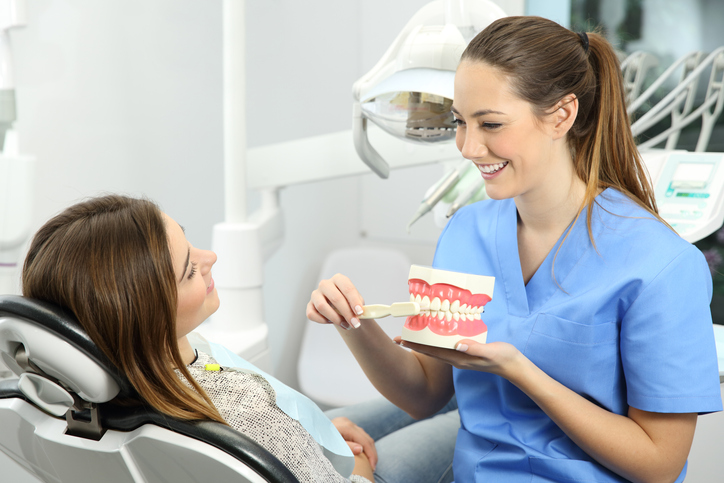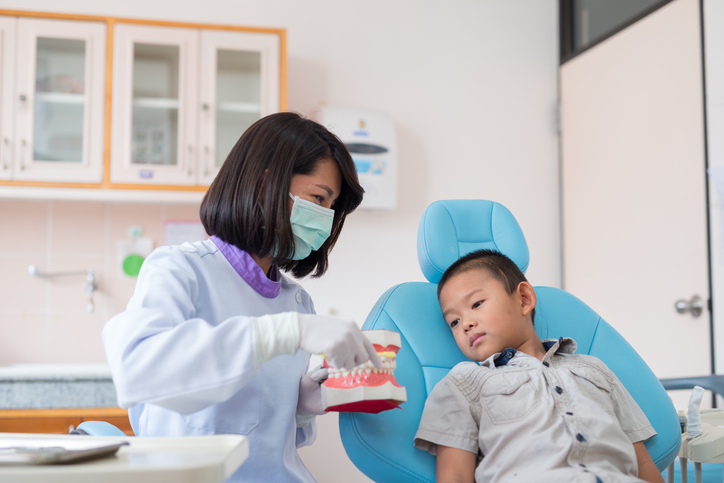
Dental hygienists have an important job, and their role extends beyond the appointment window that they spend with a client. Dental hygienists are not only responsible for giving teeth a much-needed deep clean, but they are also responsible for educating clients about how to take care of their teeth between dental visits.
If a dental hygienist educates a client successfully, it’s more likely that the client will follow their advice and implement practices that will improve their oral hygiene and health. As a dental hygienist, you’ll be educating clients about how to prevent cavities, gum disease, and more. This will not only make your job easier in the future, but your advice could save the client plenty of inconvenience and pain. Make sure you remember these three tips when educating clients, as they can help them remember your advice and follow it.
When You Become a Dental Hygienist, Build a Connection with Your Clients
You’re probably more inclined to take advice from someone you trust, right? The same goes for your relationship with a client as a dental hygienist. After your dental hygienist program, it’s important that you work to build relationships with your clients. By showing clients that you are committed to providing them with quality oral care and that you personally care about their health, clients are more likely to be receptive to the advice you give them, as they’ll know it’s genuine. Try to remember little details about clients’ lives or interests, and keep the conversation flowing during their visit. That way, when the time comes for you to have an honest discussion with the client about what they need to be doing to care for their teeth, they’ll be likely to listen, absorb the information, and follow your advice in the future.
Engage Your Client While Educating Them
Let’s face it, how much is your client really getting out of that brief reminder to floss at the end of every appointment? They’re probably just excited that their appointment is over. That’s why it’s important to educate the client throughout the cleaning process. One effective way to do this is to use the cleaning process as an opportunity to identify areas where your client should pay more attention. If you’re seeing a receding gum line during a routine cleaning, get out the mirror right then and there and take the time to educate your client about how to prevent or mitigate this. This way of educating clients is more engaging, and will improve the chances that your client will not only remember your advice, but act on it.
Personalize Your Method of Education
While building relationships and engaging with clients is important, it’s always necessary to remember your audience once you become a dental hygienist. For example, if your client is a child, make sure that you’re adjusting your tone and vocabulary to make sure that they understand you. Additionally, remember that every client learns differently no matter their age, and it’s important to take their individual needs and concerns into account while interacting with them. Ask clients if they would benefit from a follow-up email or a pamphlet to remind them of proper oral hygiene practices.

Are you interested in making a positive impact on people’s lifelong health?
Explore your options with Oxford College’s dental hygienist course.






